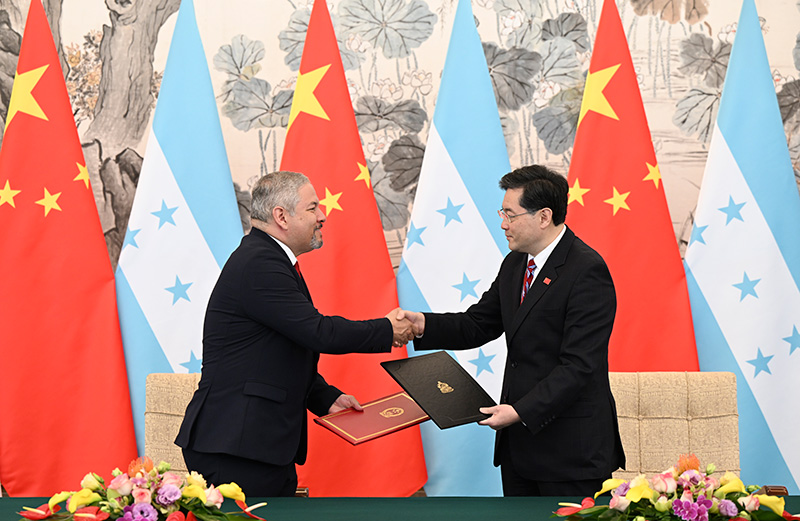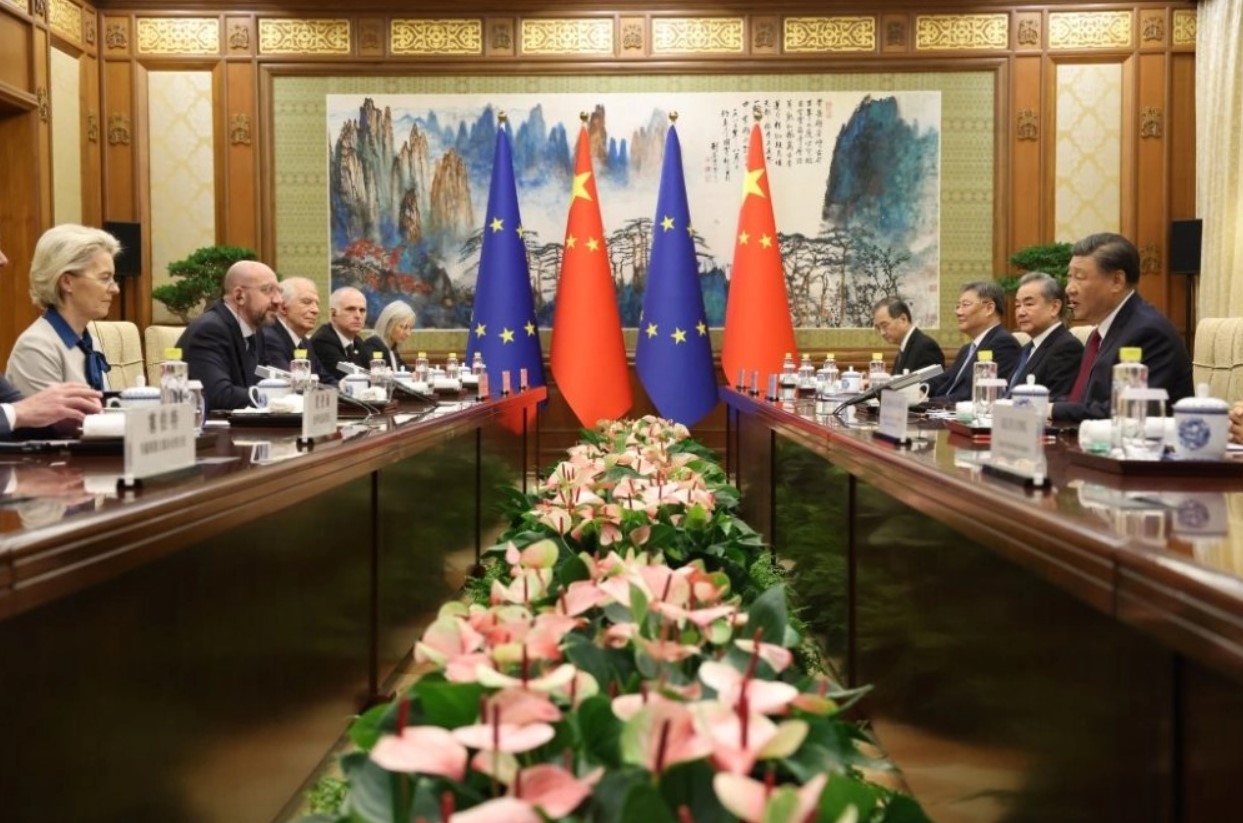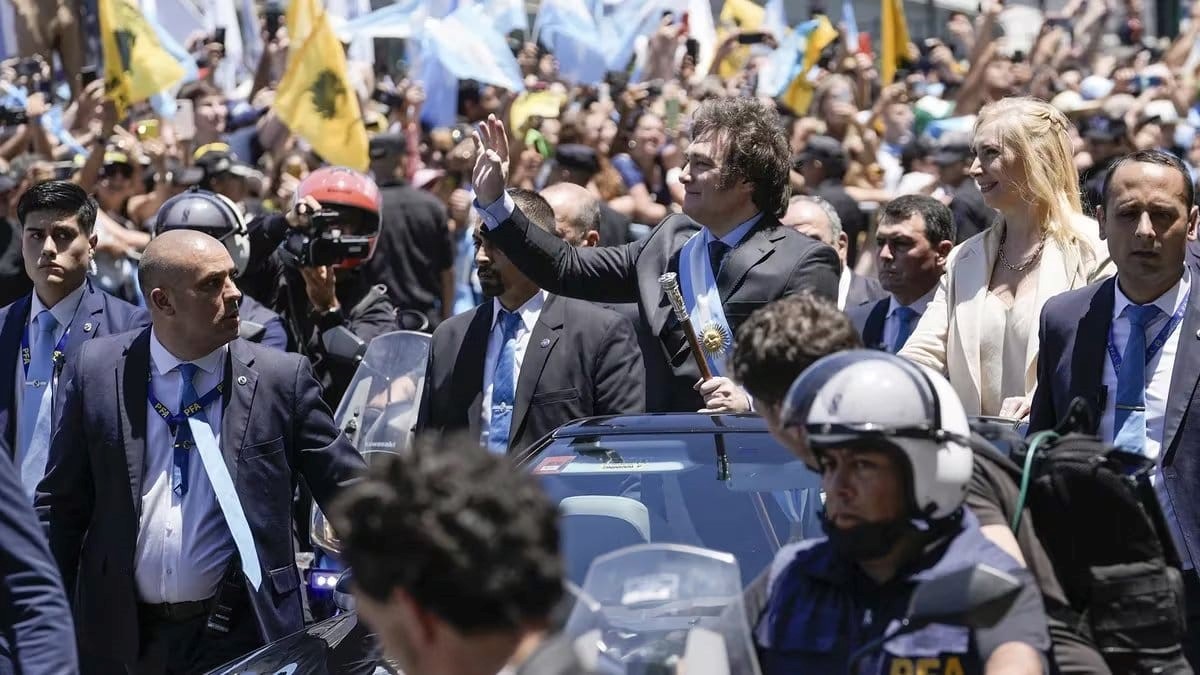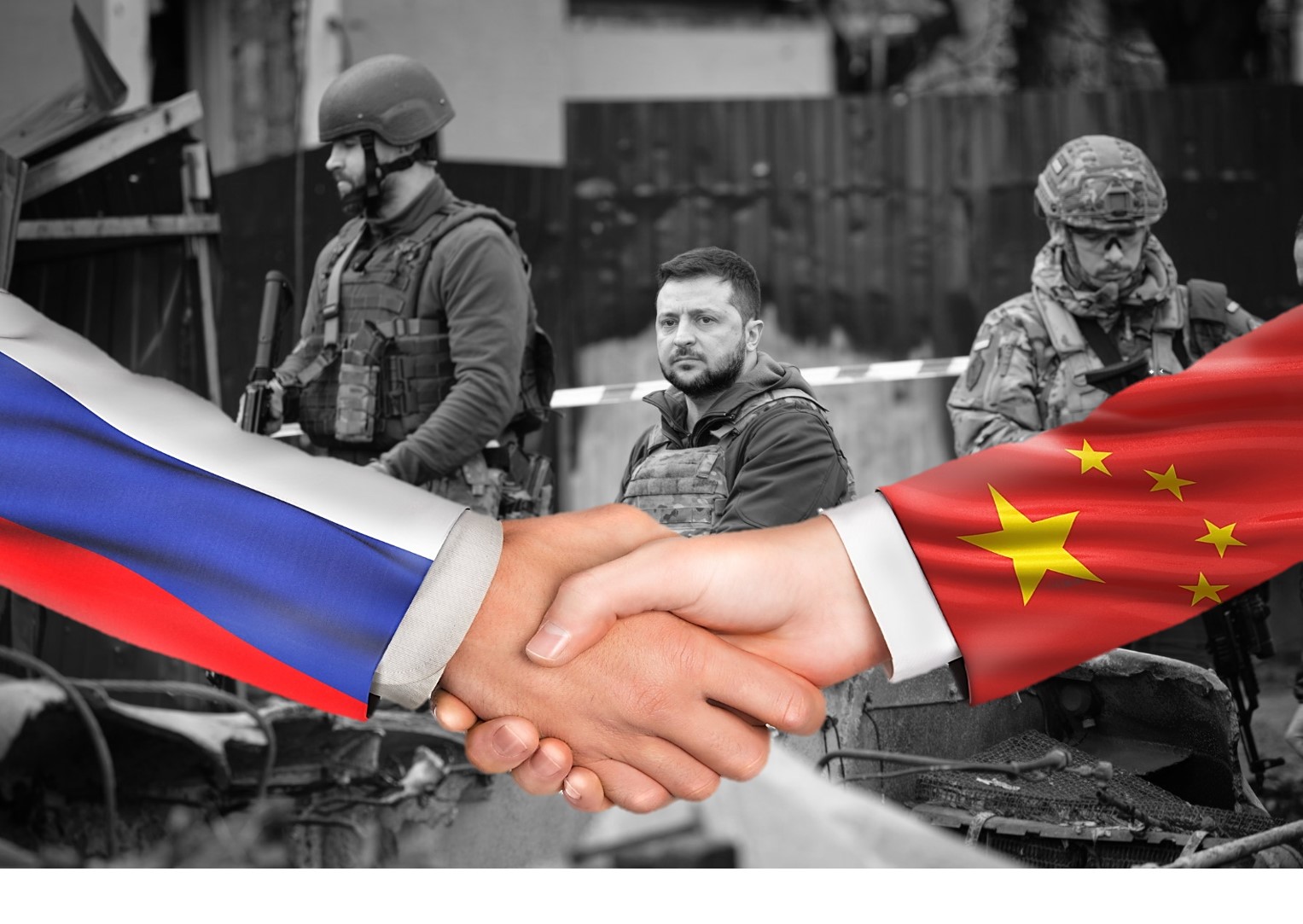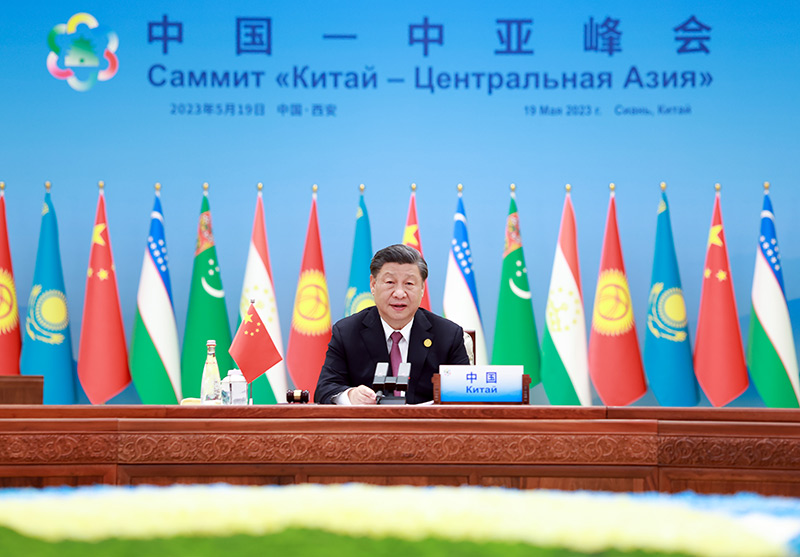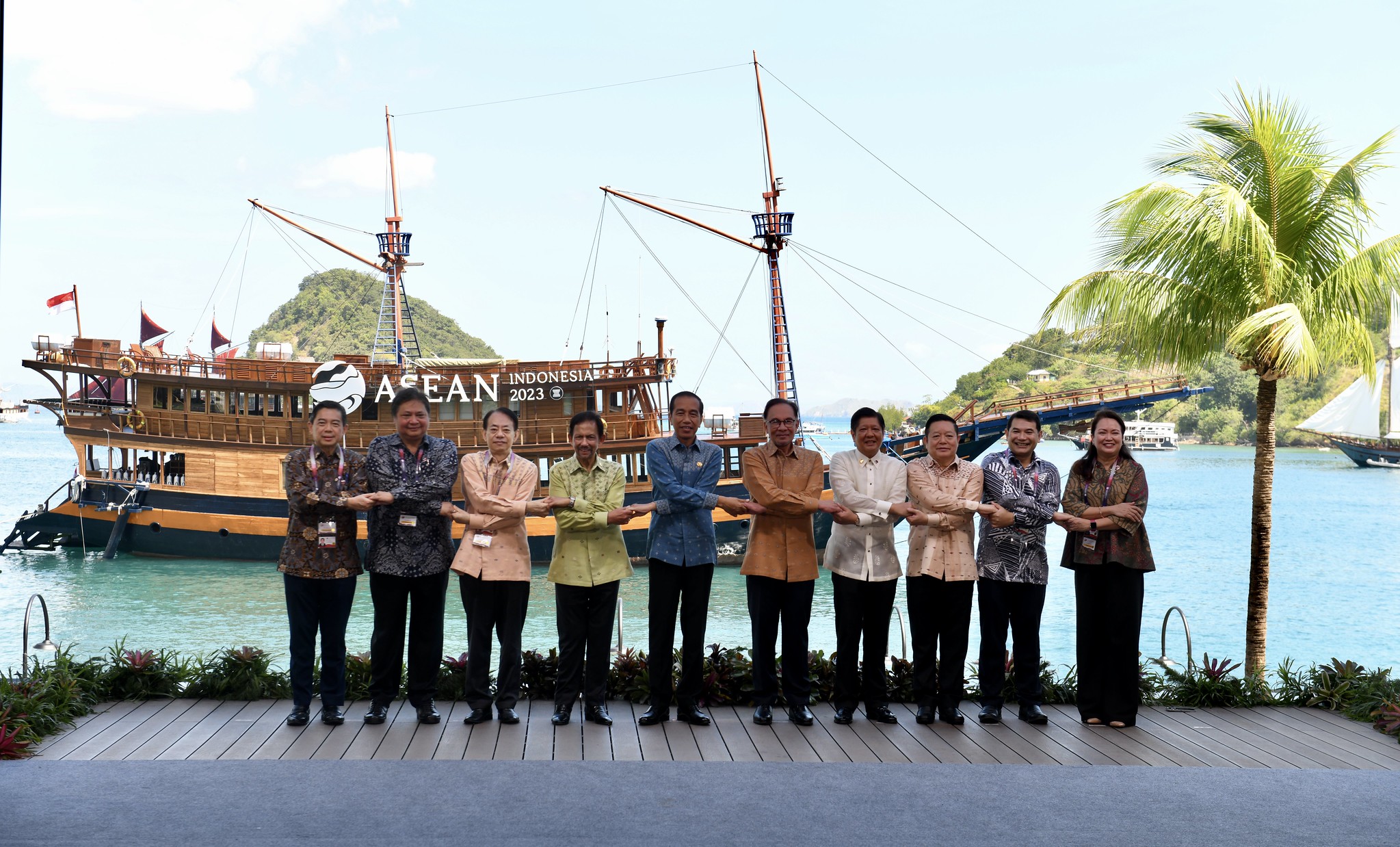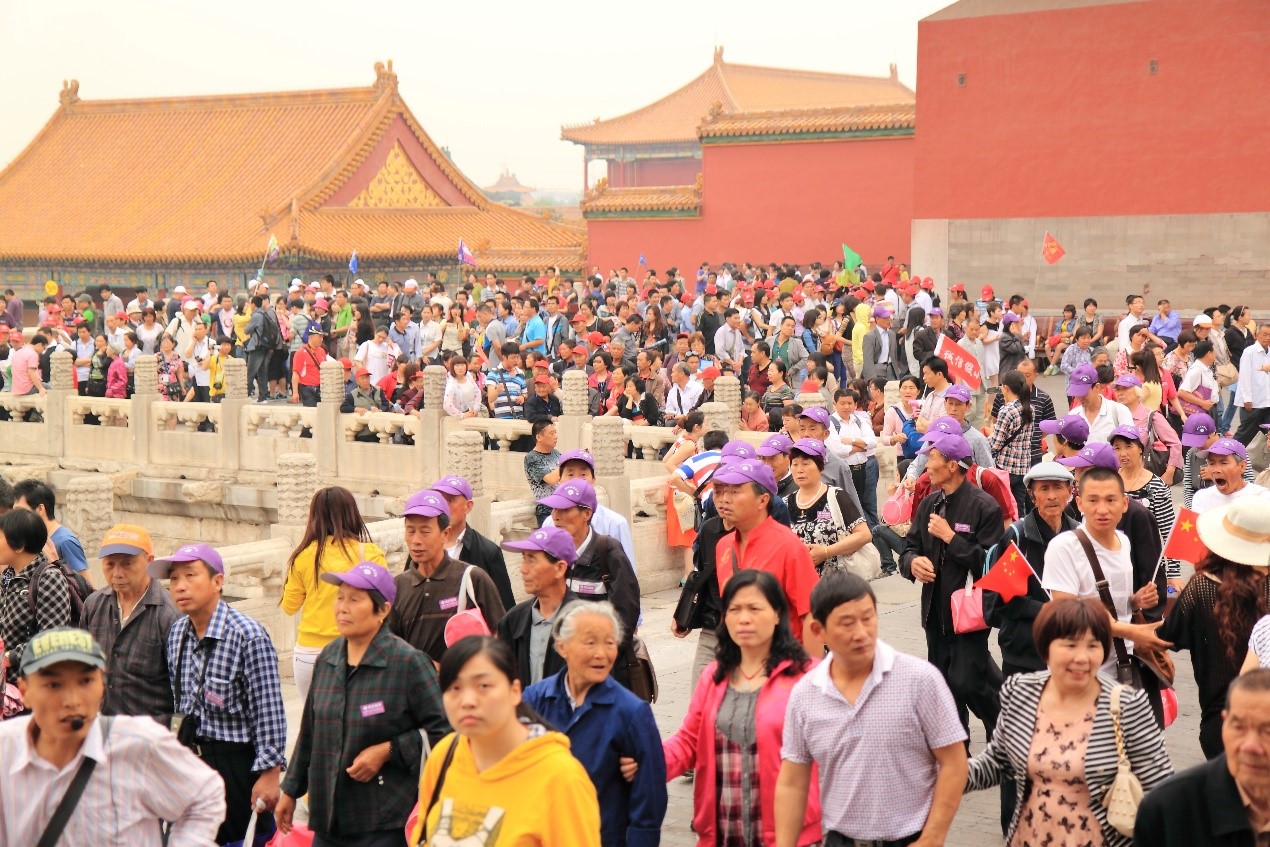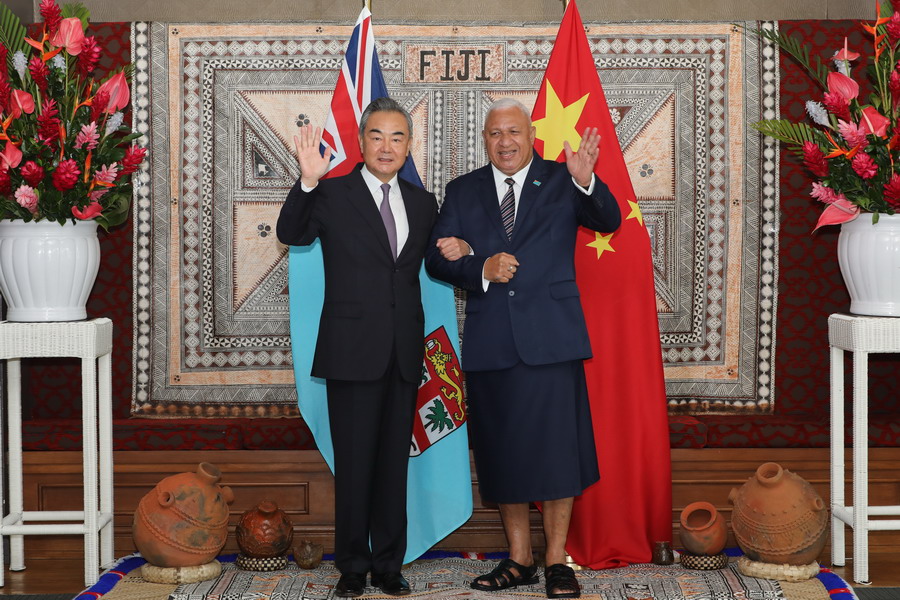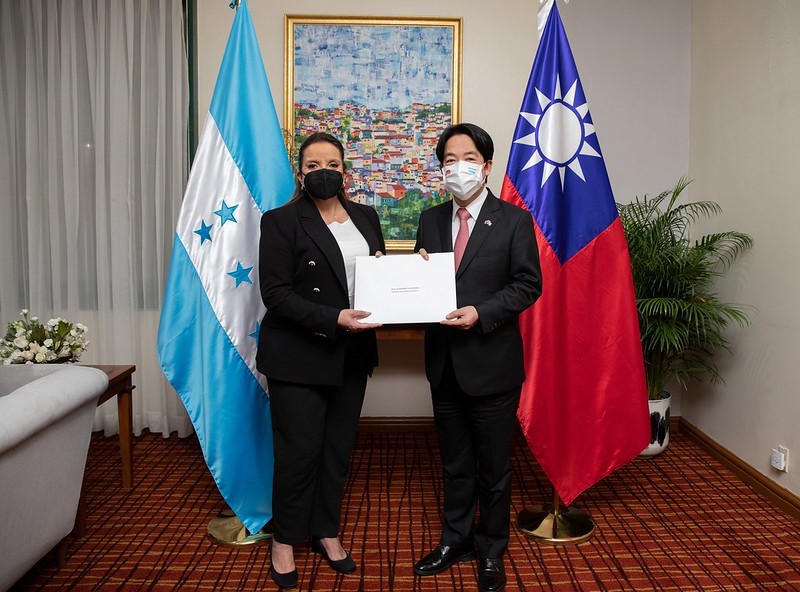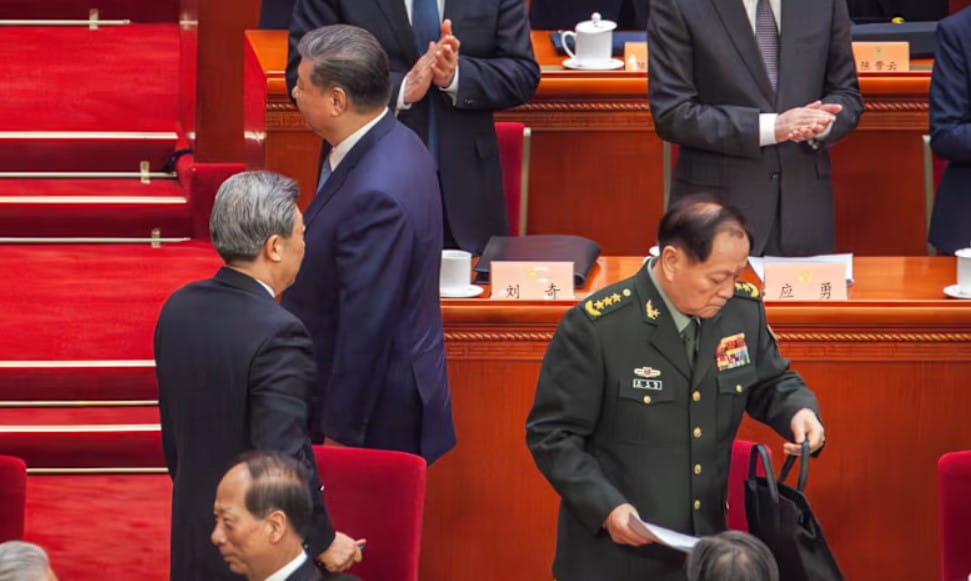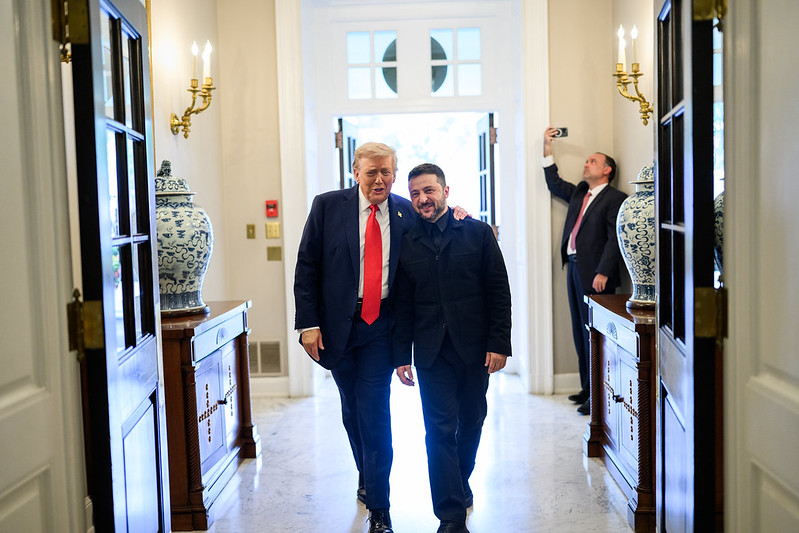Despite the diplomatic setbacks in the past years, Taiwan has been able to develop a network of relations with countries that share the same values and similar concerns. Taipei cannot and should not try to compete with Beijing in checkbook diplomacy, as this exposes the government to blackmail in exchange for maintaining official relations with unreliable allies.
Picture source: 張領, March 26, 2023, 《中國政府網》, http://www.gov.cn/guowuyuan/2023-03/26/content_5748366.htm#2.
Honduras and China’s Checkbook Diplomacy in Latin America
Prospects & Perspectives No. 18
By Shiany Pérez Cheng
On February 22, Honduras’ Secretary of Defense and Taiwan’s Ambassador to Tegucigalpa held a ceremony to present military scholarships to outstanding officers from the Honduran Armed Forces. The chairman of the Honduran Joint Chiefs of Staff said this educational alliance had been beneficial, as it had facilitated the professionalization of the Honduran Armed Forces. Little did people know that just three weeks later, President Castro would announce that she had instructed her Minister of Foreign Affairs to begin the process of establishing official diplomatic relations with the People’s Republic of China (PRC).
The format of the announcement came as a surprise, since previous Latin American allies of Taiwan had directly announced they were severing ties with Taiwan and establishing formal relations with the PRC. Honduras’ announcement that it intended to do so likely was a delaying tactic accompanying an ultimatum for Taipei to pay what constituted a US$2.45 billion bribe. Tegucigalpa’s revelation that it was starting official negotiations with China did not came as a complete surprise, though. Back in summer 2021, then-presidential candidate Castro had made clear her preference to seek diplomatic ties with Beijing if elected, although after winning the elections she did not made the issue a priority, and in January 2022 she welcomed Taiwanese Vice President William Lai Ching-te to attend her inauguration.
China’s diplomatic lure in Latin America
Taiwan’s Minister of Foreign Affairs Joseph Wu warned Honduras about China’s tactic of seducing diplomatic allies into switching relations by making grandiose promises aimed at reducing Taipei’s international recognition. Wu also reminded them that Beijing often abandons its pledged commitments once the switch is accomplished, leaving the new ally disappointed, not to mention in domestic political disarray.
After El Salvador switched recognition in August 2018, the Salvadorian government rushed to unilaterally cancel the free-trade agreement with Taiwan within six months. It is worth noting that while the agreement with Taipei was in force, there could be no negotiations with China regarding trade, as per Beijing policy. The agreement was cancelled in December 2018 without proper review by Congress, but the El Salvador Sugar Association appealed the decision with the Supreme Court in 2019, and a provisional suspension on ending the FTA with Taiwan was granted. Taiwan imported 80,000 tons of tariff-free Salvadorian sugar per year, 20% of the country’s total sugar exports, and during 2017 exports form the Central American country to Taipei increased 33%. In November 2022, the Supreme Court finally ruled against the appeal and the FTA with Taiwan was cancelled. Salvadorian sugar producers now fear that if they cannot turn elsewhere to meet the export quota assigned to Taiwan at a similar price, production will have to compete in the global market at a cheaper price, which will affect both manufacturers and producers. There are also concerns about the new FTA with China, with fears of an expedited process, as negotiations remain completely hermetic, and nothing has been revealed so far about what will be subject to trade exchange between the two countries.
The Dominican Republic faced a similar situation after switching recognition in April 2018. In November the same year, President Medina asked China for a more leveled trade balance since it had always favored Beijing, while the Caribbean country maintained more favorable trade relations with Taiwan. After establishing official relations with China, the Dominican companies exporting to Taiwan, mainly in the agricultural sector, had to start negotiating with Beijing from zero, which reduced their trade activity for three years as the Chinese market would not absorb what Taiwanese ones had imported prior to de-recognition. And although the Dominican government signed a FTA with China in March 2021, Santo Domingo imposed antidumping measures against China’s steel reinforced bars exports in January 2022.
In 2022 the Honduran business leadership expressed their preference to maintain the good diplomatic relationships both with Taiwan and the U.S., their main trade partners, than venture to establish relations with China. They recalled that a few years earlier Honduras had wished to establish a trade affairs office in Beijing and asked for negotiations with their business counterparts, but Chinese officials told them they had to negotiate with the Communist Party Politburo, with the clear understanding then that there would be political conditions, and the trade office plan was discarded. And while many Taiwanese legislators are currently asking the government in Taipei about its intentions regarding the FTA with Tegucigalpa, Honduras has asked their government to maintain the agreement to export shrimps. China is not accepting Honduran seafood exports because processing plants have not yet been authorized to do so. The Chamber of Commerce stated that after almost a year and a half of Nicaragua’s establishing official relations with China that Managua was unable to export shrimps until recently, after Chinese inspectors gave the green light.
Latin America playing the U.S. against China
The U.S. is the main trade partner with most of the countries in the region that have switched relations from Taipei to Beijing in recent years. However, some countries have done so out of a political grudge with Washington rather than due to China’s economic enticements. Most Latin American countries regard Taiwan as an extension of U.S. policy in the region rather than an international actor on its own merit. It is therefore not uncommon for Taiwanese diplomatic allies to use the switching of diplomatic recognition as a weapon against the U.S. — this was Nicaragua’s strategy. Despite Taiwan’s imports triple those of China, Managua established official relations with Beijing in 2021 as warning to the U.S. not to expel it from the regional Dominican Republic-Central America FTA and to stop imposing sanctions, otherwise the Ortega government would facilitate China’s access in the U.S.’ backyard.
The latest and more peculiar case of trying to benefit from China and U.S. tensions is Mexico, which is facing accusations from American senators of being a narco-terrorist state where drug cartels are in control of large parts of the country, making billions of dollars sending fentanyl and illicit drugs into the United States. The Mexican government has strongly denied the accusations and has asked help from China to fight against fentanyl trafficking out of humanitarian concerns. In a letter to Xi Jinping, President López Obrador said the Mexican government has requested Beijing provide information about who is importing China’s fentanyl, in what quantities, which vessels are used, where the drugs come from and where these substances arrive. The Chinese side has refused to be dragged into this fight considering its own conflict with Washington on this same issue. Beijing denies any fentanyl trafficking between China and Mexico and has also denied López Obrador’s claim about being notified of any seizures of fentanyl from China.
A new normal for Taiwan’s international space
The timing of Honduras’ decision to switch recognition was not a coincidence. Tegucigalpa made its intentions clear just a few hours before Vice President Lai officially registered to be the Democratic Progressive Party’s candidate in the January 2024 presidential elections and a month before President Tsai was scheduled to visit diplomatic allies in the region. The final announcement also came a day after former president Ma Ying-jeou embarked on his visit to China. Ma announced his visit the same day Xi met with Vladimir Putin in Moscow, on March 20. Ma claims that the Taiwanese government’s “disastrous foreign policy” was the cause for the loss of Honduras, and has long argued that the Kuomintang (KMT) is the only political party in Taiwan capable of managing peaceful relations with China.
Meanwhile Beijing has already hinted its intentions of continuing to poach Taipei’s diplomatic allies. Guatemala is one of the countries Tsai has just visited, and during President Tsai’s visit China has expressed its hope that the Central American nation will see the trend of the world and make the right choice as early as possible. In Paraguay presidential elections are around the corner, and if the opposition Concertación Nacional party wins on April 30, it can be expected that Taiwan will lose another ally.
Despite the diplomatic setbacks in the past years, Taiwan has been able to develop a network of relations with countries that share the same values and similar concerns. Taipei cannot and should not try to compete with Beijing in checkbook diplomacy, as this exposes the government to blackmail in exchange for maintaining official relations with unreliable allies; money that can be better invested in projects with likeminded countries.
(Shiany Pérez-Cheng is an analyst at The Institute for Statecraft.


